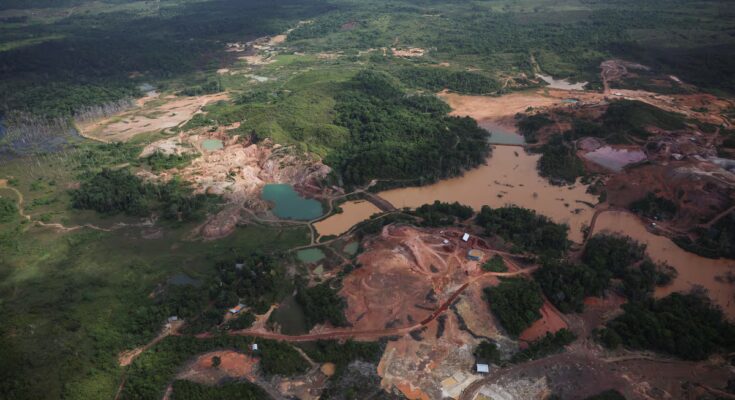The global climate debate at COP30 faces a turning point. The world has already accumulated enough diagnoses, alarms and promises. What is missing now is the least discussed and most crucial element: the financial architecture that transforms environmental commitments into measurable results.
Although not among the largest global emitters, Brazil is home to the largest rainforest on the planet and has a public financial system capable of operating on a national scale. This places us faced with a double responsibility: protecting a crucial environmental asset and demonstrating, with transparency, how to finance this protection.
The estimates presented at this conference speak clearly. Keeping the Amazon alive, promoting productive inclusion and structuring bioeconomy chains requires tens of billions of dollars a year. This data should not be interpreted as a political appeal, but as strategic information: preserving the jungle costs much less than dealing with the damage of extreme climate events that already affect all continents.
The challenge is not just in quantity, but in how. Without governance, verifiable metrics and traceability, climate finance risks becoming just another rhetorical exercise. This is where efficient public banks make the difference. In Brazil, Banco do Brasil is present in more than 95% of municipalities, enabling sustainable credit to reach family farmers, traditional communities and production chains that rarely enter the global financial radar.
At COP30 we presented new socio-environmental monitoring tools, the expansion of the sustainable credit portfolio and risk mitigation models capable of attracting international capital. They are initiatives designed to respond to what foreign investors and governments are asking for: transparency, predictability and implementation capacity.
The international community knows what needs to be done. He knows what it costs not to act. What is still missing is trust. And trust does not arise from speeches, but from solid institutions. That’s why I say: the global ecological transition will depend as much on reliable banks as on ambitious climate goals.
If Brazil manages to consolidate a climate financing model with technical rigor, social impact and solid governance, we will stop being just an environmental symbol. We will be an example that development and preservation can and must go forward together.
The Amazon does not ask for compassion. Require commitment. And the commitment requires financial systems capable of making it happen. Brazil has this ability. Now he needs to show it to the world.



